👋 Hi, there! Welcome to the Malacrino Lab!
The Malacrino Lab in the Department of Biological Sciences at Clemson University focuses on fundamental and applied research on microbiomes.
Our research explores the complex interactions between hosts and their microbiomes, as well as the role of microbial communities across a wide range of environments. We integrate concepts from evolutionary biology, community ecology, and systems theory with state-of-the-art tools in molecular biology, high-throughput sequencing, and computational modeling. This allows us to uncover the mechanisms that govern how microbial communities assemble, function, and influence the biology of their hosts and the environment.
Research topics
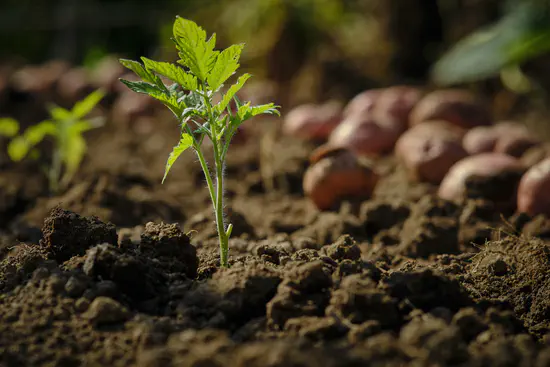
Plant holobionts
We study plants as holobionts—integrated systems made up of the plant and its associated microbial partners—to understand how this collective unit responds to environmental challenges and shapes plant health, development, and evolution.
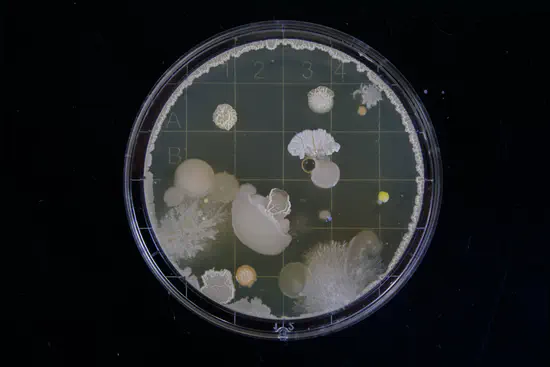
Select and evolve microbiomes to implement novel functional traits
We use experimental evolution to shape microbiomes that enhance specific traits in plants.
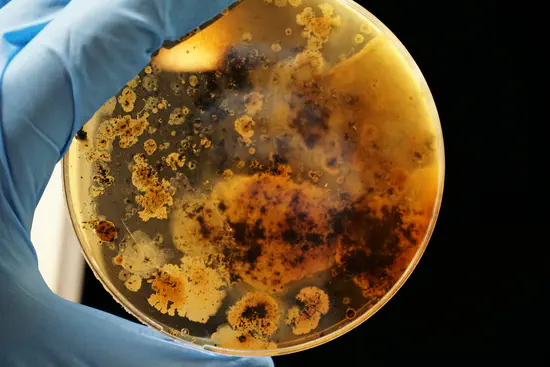
Understanding the rules behind plant microbiomes assembly
We investigate the ecological and environmental factors that govern how microbial communities assembly on plants.
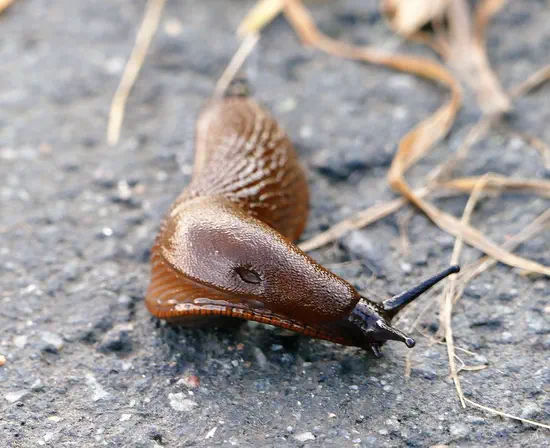
Do microbes help invasive species?
We explore how microbial partners may contribute to the success of invasive plants and insects in new environments.
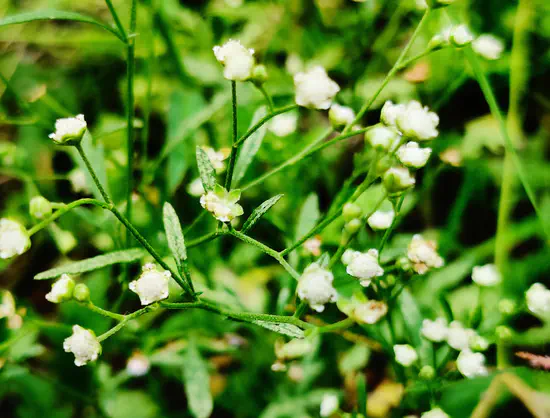
Microbiomes influence plant evolution
We examine how plant-associated microbes can act as drivers of plant evolution.
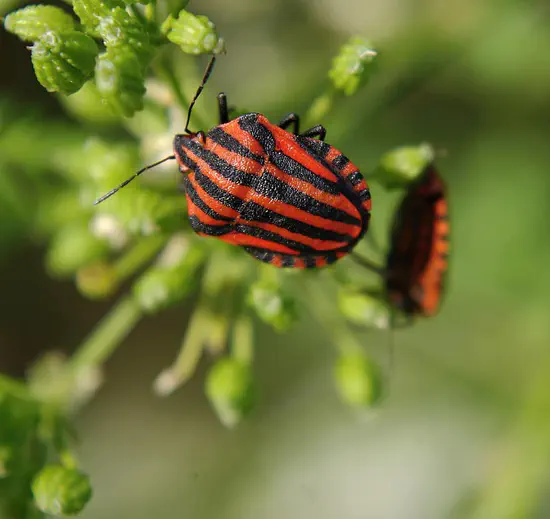
Plant-microbiome-insect interactions
We study how microbes influence plant interactions with insects, from pollinators to herbivores, and how insects in turn shape plant microbiomes.


